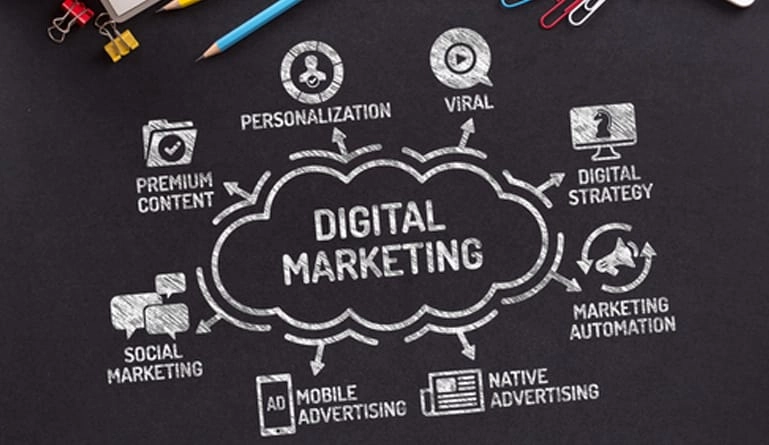How to measure the cost-effectiveness of digital marketing initiatives.
Understanding the true cost of your digital marketing efforts.
Everyone wants to get the most for their money, especially in marketing. Digital marketing has helped to bring down marketing costs for some businesses, but it’s still important to understand if the marketing money being spent is bringing in new leads towards generating revenue for your business. One way to do that is to perform a cost-effectiveness analysis – not only does this help to measure your reach, but it helps you to understand if your dollars are being spent wisely and effectively.
Measuring against goals
The first step to understanding the cost effectiveness ratio of your digital marketing efforts is to understand what the goals of your marketing are. If you’re spending money on a social media campaign, you can’t perform a cost-effectiveness analysis on the results if you don’t know what you were trying to achieve. If you’ve established your goal was clicks and you paid less than average per click, you might say that was a successful, cost effective campaign measure. If you’re paying a blogger to share a product testimonial and you only get 6 new followers from their efforts – that might seem like an expensive campaign metric if your goal was more followers, but it might be a more valuable investment – new fans – than simply generating clicks which are a lower form of engagement. Measuring cost-effectiveness will always depend on your goals and your results.
Understanding not all cost is monetary
While most people performing a cost-effectiveness analysis of their digital marketing efforts might simply try to understand campaign bottom-line dollars spent per impression, other businesses understand that the time it takes to brainstorm campaign concepts, create content, design digital advertising all have an inherent “cost” in the form of time or salary. The cost of marketing is beyond the money paid to a publisher to promote a piece or host an ad – don’t forget to factor in the “hidden” costs of creating digital marketing content.
Use a cost-benefit analysis template
Whether it’s an old-fashioned worksheet or a high-end software, strategizing the cost-benefit of a project before it’s ever launched can help you strategize the most cost-effective concepts to begin with. Using a cost-benefit analysis spreadsheet or software helps you understand the strengths, weaknesses, and alternatives for your idea, which makes it easier to calculate the risks and possible ROI.
Remember to build on data
Once you’ve gathered the information and reporting that tells the story of how successful your campaign was, as well as what it cost to run, make sure you run future campaigns off that data. If your blogger outreach was unsuccessful, don’t dump huge amounts of your budget into those efforts because influencer marketing is trendy. Spend according to your success.
Digital marketing has been touted by some as the most cost-effective marketing channels, but this isn’t always the case. Different business goals will require not only different budgets, but also different marketing methods and varying budgets. Businesses need to have a solid understanding of their goals, budgets, and timelines when launching any kind of digital marketing effort and know that not all digital marketing is created equal.





